The Kelpiens have the distinction of being one of the newest races introduced into Star Trek canon, thanks to the appearance of Commander Saru (Doug Jones) on Star Trek: Discovery who, like Spock or Worf before him represents his race admirably as the first of his kind to be admitted into Starfleet. He has become an unofficial emissary of his people on the USS Discovery wherever its missions take it.
While the Kelpiens join the ranks of Vulcans and Klingons as being one of the most prominently explored races in Star Trek canon, the heights of their world-building have only just begun. Fans of Discovery may think they know everything there is to know about the timid, fearful humanoids, but CBS has provided many opportunities to explore their backstory, from a Saru-centric episode on Short Trecks to special features on the Discovery DVDs.
10 They almost looked very different

According to the Star Trek: Discovery Season 1 special features, before the creative team settled on actor Doug Jones wearing a silicone cowl and blended prosthetics, he was originally going to have ten eyes and a head shaped like a triangle. He would have performed only the lower portion of Saru's face, with the upper half being completely CG.
As so many visual effects shots would have been very difficult during production, the silicone cowl was chosen and a more aquatic alien was conceived. Jones was then fitted with five-inch heelless shoes, which allowed him to develop Saru's "supermodel" walk, as well as his fluid hand gestures.
9 They possess very little written history

As a result of their interactions with the Ba'ul, Kelpiens possess very little written history, the Ba'ul having all but destroyed it over the centuries. Because of this, they were completely unaware of life after the Vahar'ai and any transformation they might undergo.
After Commander Saru brought knowledge of the next phase of Kelpien evolution, they began recording their history again, and by the 32nd century (when Season 3 takes places) he appeared to have been cemented in Kelpien lore as a great hero to his people.
8 They age very slowly
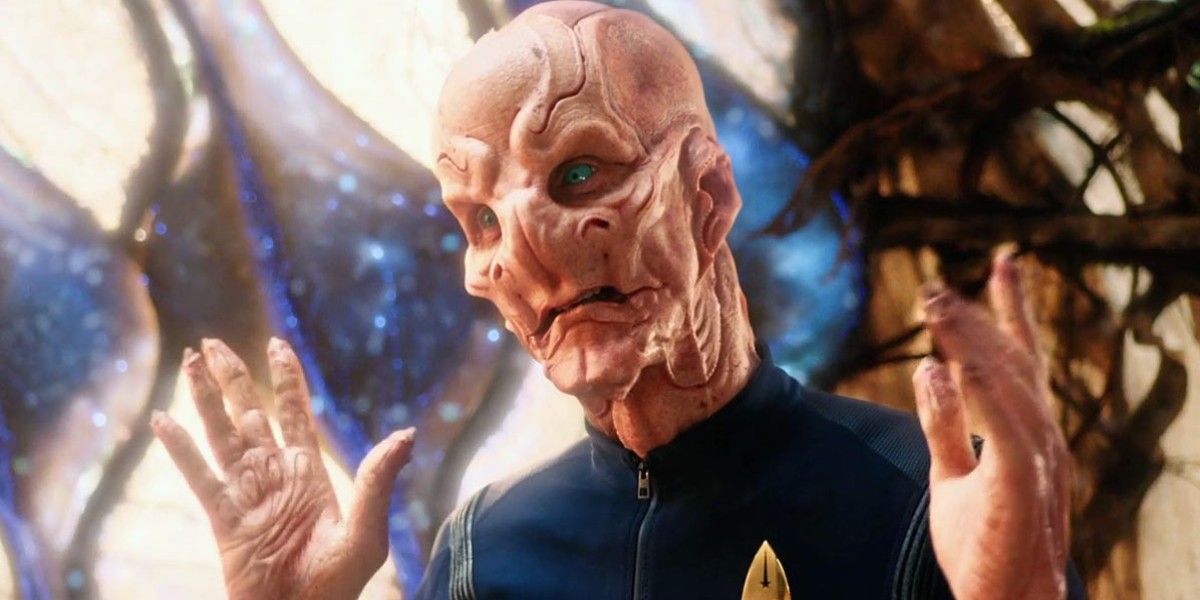
Like Vulcans or other alien beings who age much slower than humans, Kelpiens do not outwardly display much of the passage of time on their bodies and faces. Fans learn this specifically in the Short Treks' episode "The Brightest Star".
A teenage Saru, not yet a crew member of a Federation starship nor even a member of Starfleet, is seen looking not altogether different from the more disciplined first officer of the USS Discovery. His sister Siranna also appears to look very similar to her older self as seen in Season 2.
7 They lived an agrarian lifestyle
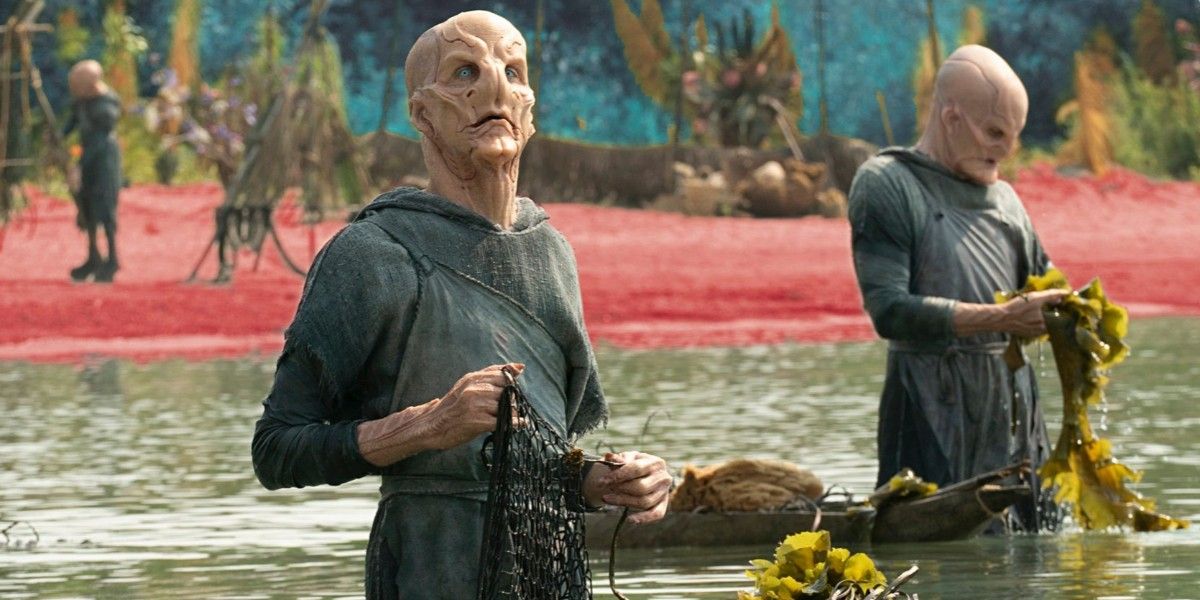
Kelpiens led a lifestyle focused around harvesting flowers and kelp, which they used as a food source prepared in their huts. They lived in packs and gathered by candle light and fire light to socialize and play dice games. Though their existence was simplistic, they were an intelligent people capable of abstract though, as evidenced by the curiosity of Saru.
Aside from the culling, the ritual initiated by the Ba'ul to kill portions of the Kelpien population undergoing the Vahar'ai, they lived an agrarian and even peaceful lifestyle. Since their discovery of the truth about the Vahar'ai they've been able to include Ba'ul technology into their daily lives.
6 They were once bred to be eaten

In the Mirror Universe explored in Season 2, it's revealed by Emperor Phillipa Georgiou that Kelpiens were even more victimized outside of the Prime Universe.Instead of being bred to be hunted by the Ba'ul they were simply bred to be eaten.
Michael Burnham was offered Kelpien ganglia as a delicacy while dining with Emperor Georgiou, and when she encountered Mirror Universe Commander Saru, he was little more than a stunted servant.
5 They have natural offensive capabilities
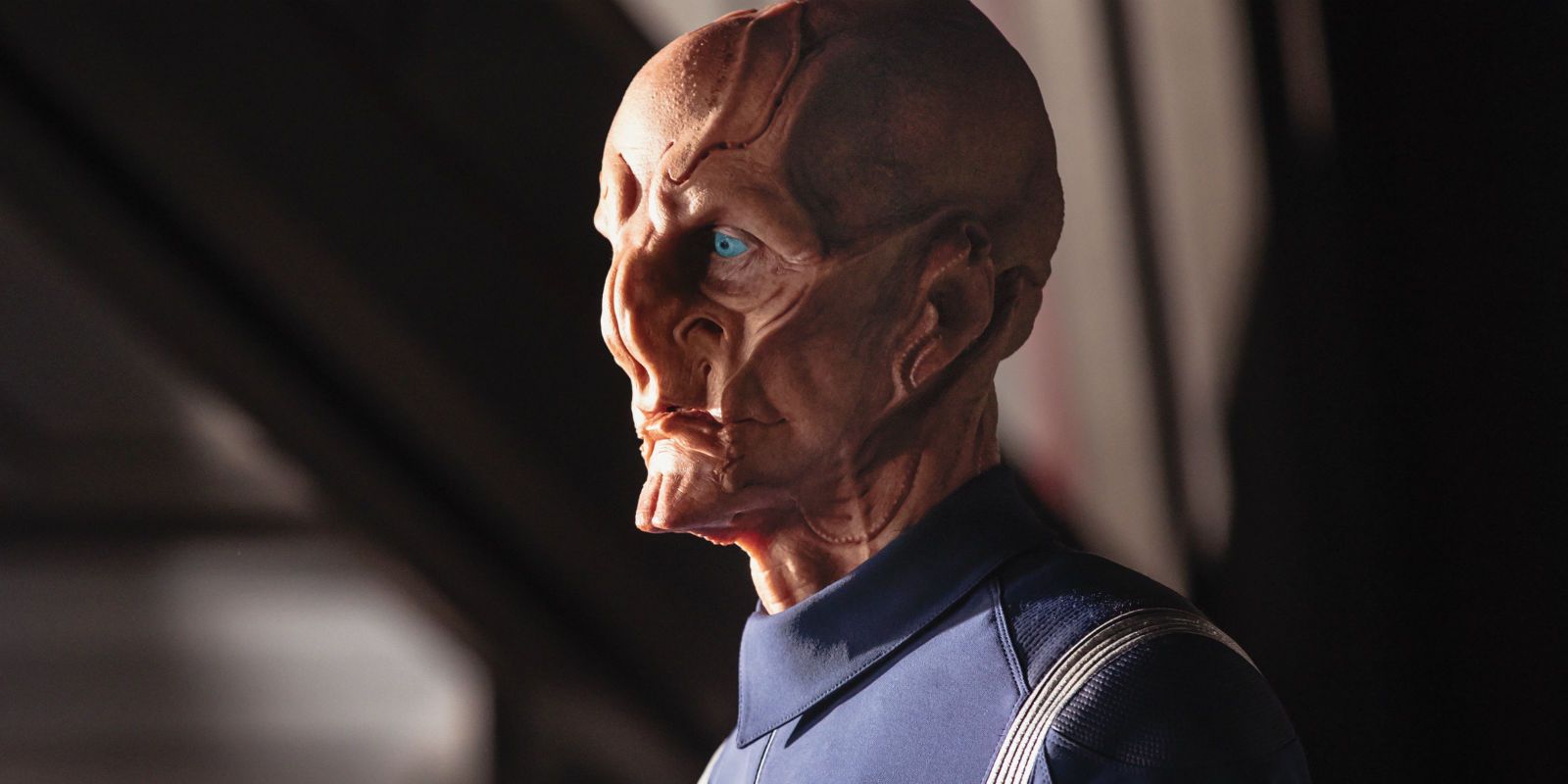
Kelpiens lived their entire lives thinking they'd been created for one thing; to sense death. Hunted by the Ba'ul, the predatory alien species that shared their planet, they believed they had only one purpose; to be slaughtered.
As Commander Saru proved in Season 2, after he underwent the process of the Vahar'ai, he shed his ganglia and became a stronger, braver, and more daring version of himself. No longer crippled by fear and self-doubt, he realized the Ba'ul were originally the Kelpien's prey, and that their true wish was for the Kelpiens to never realize their true potential as the supreme race on Kaminar.
4 They became a space faring people later in life
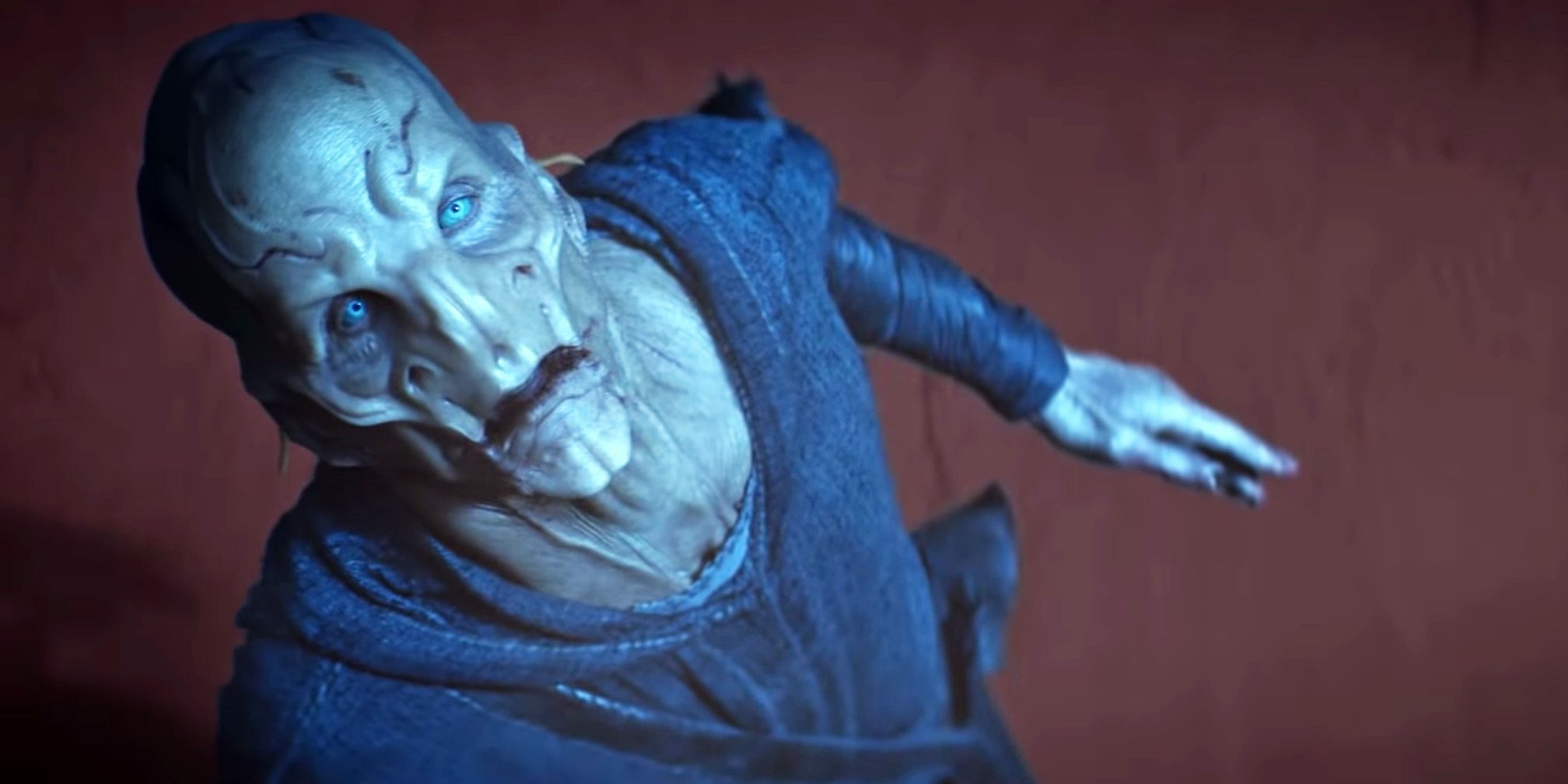
Thanks to Commander Saru's revolutionary crusade to ensure all Kelpiens discovered the truth about Vahar'ai, they began to rapidly evolve and undergo immediate transformation into a space-faring people. They achieved space flight in record time, and could be considered eventual inductees into the United Federation of Planets.
Though they were never allowed to even conceive of soaring among the stars under the rule of the Ba'ul, they became space travelers in record time, able to help the USS Discovery during its fight against the A.I. Control.
3 They have weaponized parts of their body
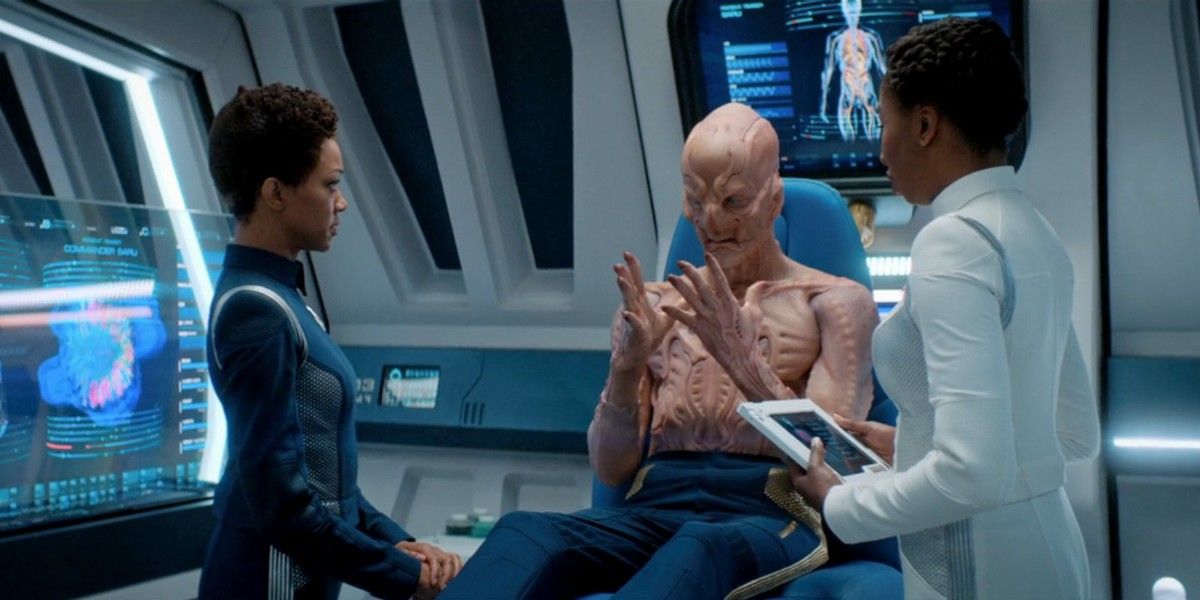
After Commander Saru underwent the Vahar'ai and said farewell to his fear-sensing ganglia, he discovered that where previously parts of his autonomy were poised for cowardice, he now possessed components of combat.
Kelpiens that undergo the Vahar'ai may be surprised at a hidden detail in their anatomy; they have darts that can eject from their cranium where their ganglia previously grew, useful as an offensive attack weapon during hunting or fighting.
2 They look very different in the 32nd century
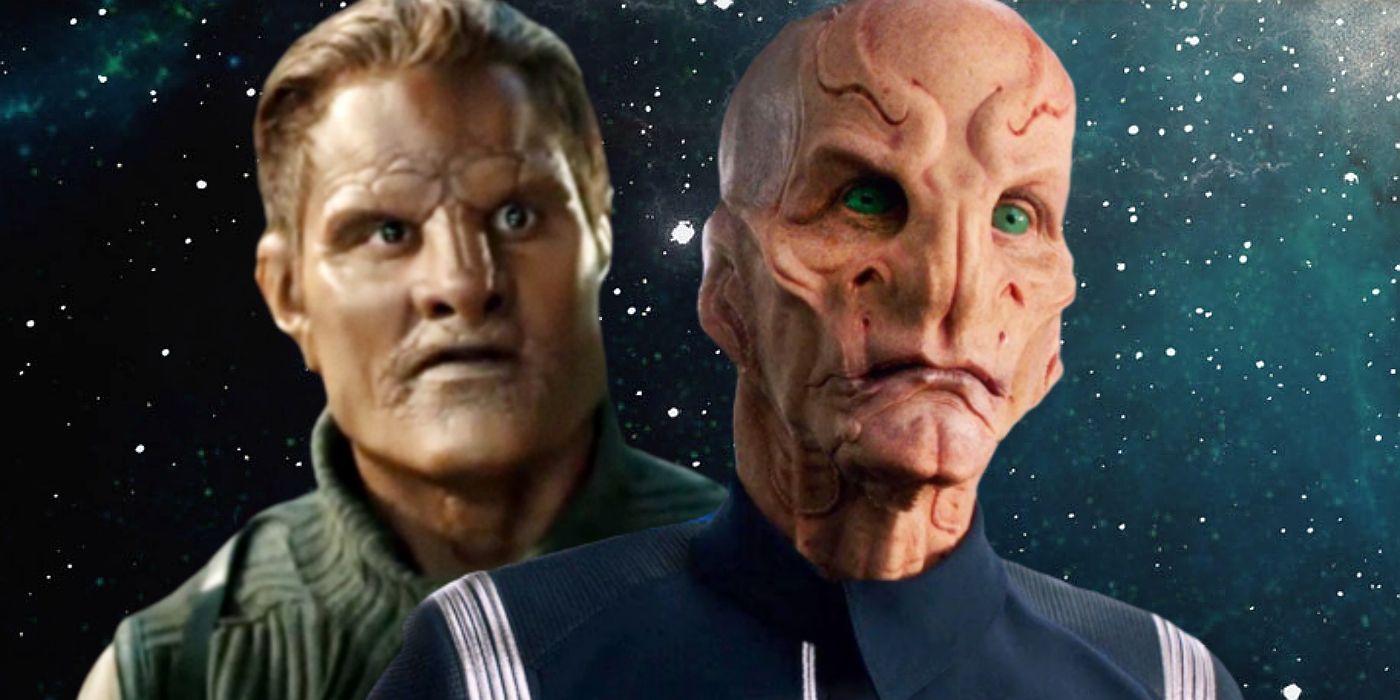
Since Star Trek: Discovery Season 3 takes places 930 years in the future, it's expected that there will be changes from the Alpha Quadrant to the Delta Quadrant as it will travel farther than any Trek series has before it, into a time when Kelpiens look vastly different from Commander Saru.
In the Season 3 trailer, Saru is seen conversing with another Kelpien who, despite explaining that the Federation no longer exists, is eternally grateful to Commander Saru for inspiring Kelpiens to join it centuries before. He looks far more humanoid than Saru, with not only fewer alien features, but also hair.
1 They may have more stages of development
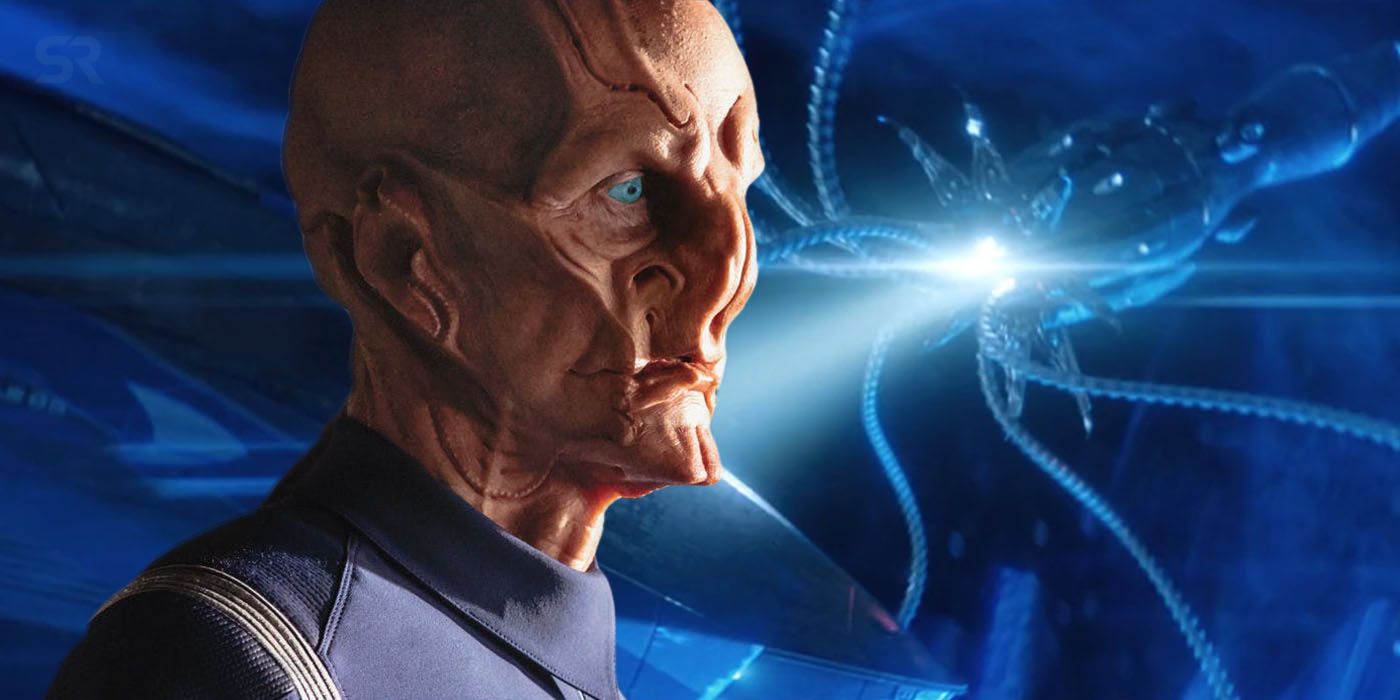
Due to being kept in the dark about the true nature of the Vahar'ai as well as any resulting metamorphosis, the Kelpiens weren't aware of any other stages of development. There could be more in store for them as time passes, free from Ba'ul intervention.
Due to the appearance of Kelpiens in the 32nd century, it's possible there were more physical changes in store for Kelpiens who were not culled during their Vahar'ai. They also may have intermarried with more humanoid species and evolved to represent that change over the centuries.
from ScreenRant - Feed https://ift.tt/2FFCZS1

0 Comments